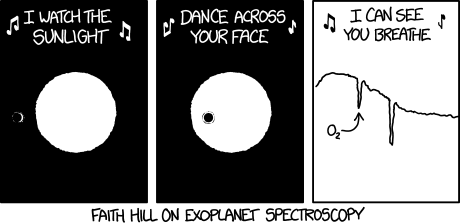Whenever lawmakers congregate to discuss computer crime, you can reliably predict that the debate will gravitate toward expanding police powers, leaving the realistic concerns of everyday Internet users by the wayside. After all, fearmongering around the film War Games helped fuel the passage of the Computer Fraud and Abuse Act, one of the most egregious laws the digital world has ever faced.
This legislative session, California lawmakers have proposed creating the California High Technology Crimes Task Force, which would be assigned to reevaluate the laws governing prosecution of identity theft, credit card fraud, and unspecificed “Internet crimes” that would presumably include copyright infringement. The body would issue recommendations for future legislation, as well as identify funding opportunities for law enforcement and victim assistance.
Reforming computer crime statutes isn’t necessarily a bad idea, as long as the group were to take a balanced approach. Unfortunately, the make-up of the proposed task force is anything but balanced.
Under Assemblymember Jim Cooper's A.B. 1493, the 11-member body would include:
(1) A designee of the California District Attorneys Association.
(2) A designee of the California State Sheriffs’ Association.
(3) A designee of the California Police Chiefs Association.
(4) A designee of the Department of the California Highway Patrol.
(5) A designee of the Federal Bureau of Investigation.
(6) A designee of the Attorney General.
(7) A representative of the California cellular telephone industry.
(8) A representative of the California Internet industry.
(9) A representative of the California cable industry.
(10) A representative of the California movie industry.
(11) A representative of the California banking industry.
Notice anyone missing from the list? How about representatives from privacy and civil liberties organizations? How about someone from the victim’s rights community? How about a law professor? Not even a single computer scientist or technologist is included in the mix.
Instead, the California High Technology Crimes Task Force will be made of three law enforcement officials, three law enforcement interests groups, and five members representing corporations. As we wrote in our letter opposing the bill [PDF], this would create a biased entity that will generate flawed policy recommendations that favor business and police interests, but not those of the general public. For example, there is little incentive for the banking industry to propose policies that would require more accountability on their part when it comes to lax security measures.
If the corporate lobby and the law enforcement lobby want to get together to hammer out a unified legislative agenda, that’s their right, but they should do it on their own time and on their own dime and without the imprimatur of the California government.
A.B. 1439 is currently before the California Assembly Appropriations Committee, which must act on the bill by May 29.
 The problem of sexism is front and center in the technology industry right now, but for those not directly affected (read: men like me) the problem can languish in the middle: too close to see the scale of it, but not close enough to see the details. A new survey of tech workers fills out this picture nicely, and identifies interesting — and depressing — contrasts in… Read More
The problem of sexism is front and center in the technology industry right now, but for those not directly affected (read: men like me) the problem can languish in the middle: too close to see the scale of it, but not close enough to see the details. A new survey of tech workers fills out this picture nicely, and identifies interesting — and depressing — contrasts in… Read More






